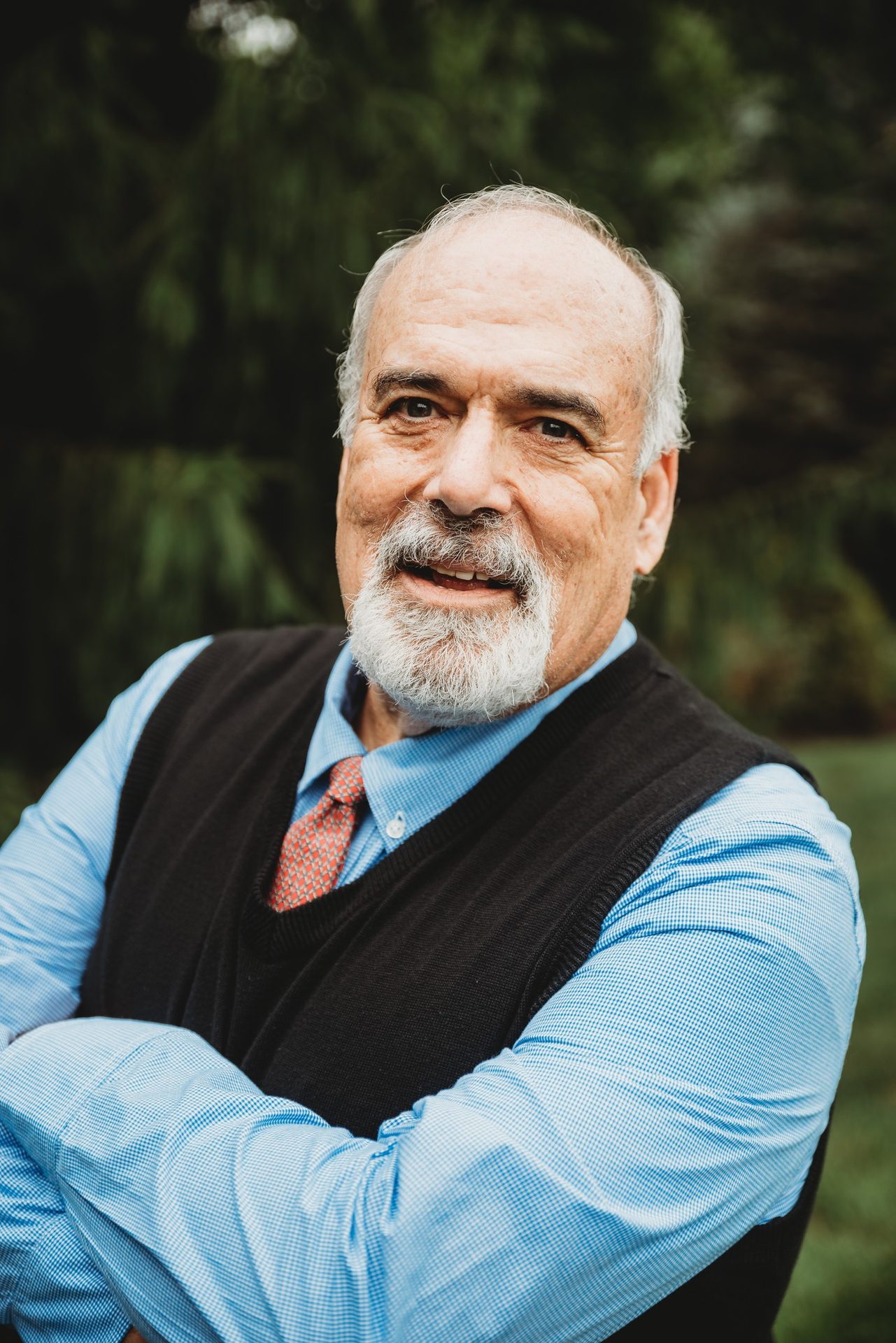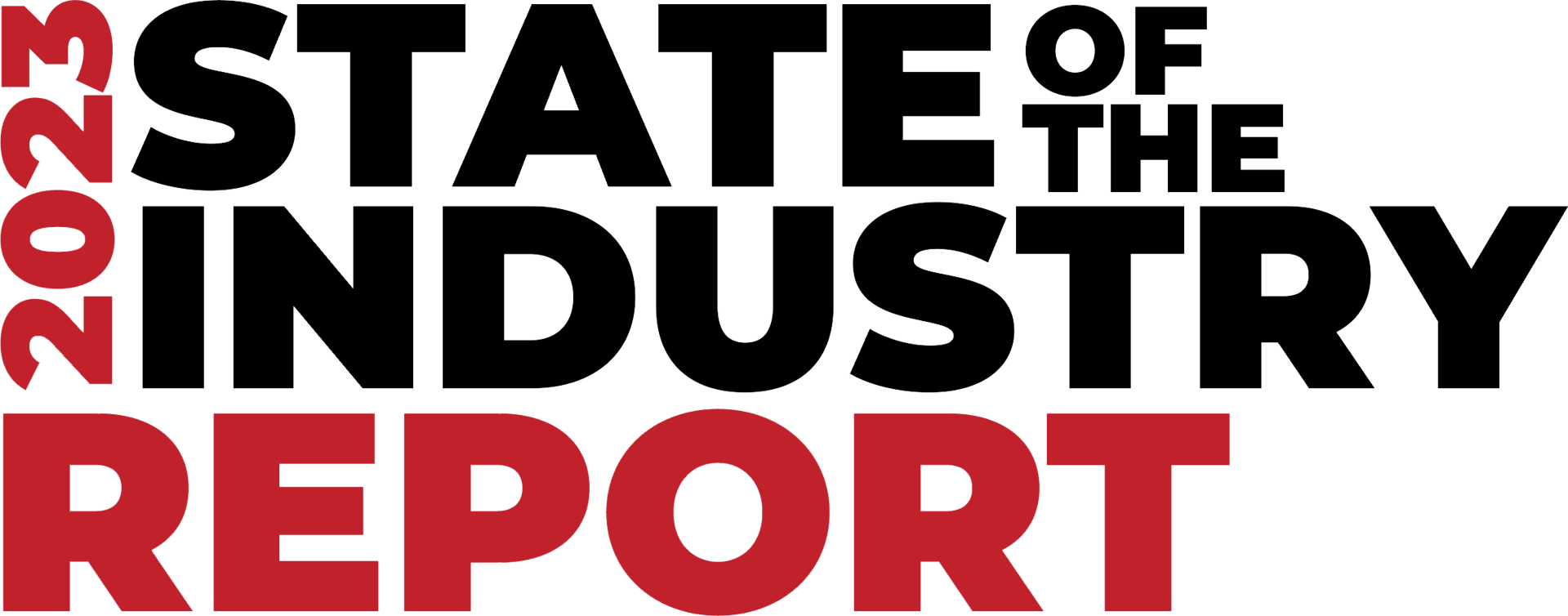Why Private Equity Now Loves Roofing!
By Dave Harrison

Have you been contacted lately by somebody who wants to buy your roofing business? If your company is successful, has a strong local or regional market share, is growing and has a great team, then you are a target!
Many in our roofing industry are asking why is private equity (PE) interested in buying us – and why now? Frankly, our industry provides the ingredients that result in a fantastic recipe for acquiring companies through a roll-up process. Specifically, PE firms love industries that are stable, enjoy long-term growth, are very large, profitable, and fragmented. When they combine these industry characteristics with access to investment capital from wealthy investors with a 5- to 7-year financial horizon, creative financial packaging and implement strategic leverage, the result is outstanding financial return on equity for investors.
What may surprise you is that PE often acquires companies with less cash than you might expect. Most contractor owners don’t realize that they may have unknowingly financed up to 50% of the cash needed by the acquiring PE team.
You heard me right! The creative financial packaging used by PE sucks cash out of the acquired business through their manipulation and transition of your individual balance sheet into the consolidated company. Are you shocked? Most people are. You are probably thinking – no way! Prove it to me!
Let’s first review the characteristics that make the roofing industry so attractive. (Data Source: IBISWorld.)
- Stability. Although new technologies have entered the roofing industry, the core business is extraordinarily stable. New properties will need roofs. Roofs will wear out and need to be replaced. Contractors will utilize qualified crews to install roofing. Properties will as a result be protected from the weather.
- Growth.Two major factors fuel future progress. Over time, the expanding U.S. economy based on productivity and increased population drives industry revenues. Additionally, the trend of more severe weather results in even more roof repairs and replacements.
- Large. The U.S. roofing industry is estimated to be more than $55 billion and growing.
- Profitable. The industry’s average return on assets is estimated at 8% and average return on equity of about 20%! For perspective, that means investor profits double every 3.5 years!
- Fragmented. The 15 largest roofing companies represent less than 5% of total U.S. industry sales! In most industries, the 10% largest companies represent over 50% of the market share.
If you get a call from a PE should you take it? Yes, regardless of whether you’re interested in selling or not. They’re smart people. At worst, you’ll learn more about our industry and insight into your business.
Is PE good for our industry? Depends on your vantage point! If you have no successors and want to cash out, it can be great. If you’re an entrepreneur and love small business, pessimism is warranted. Private equity succeeds most when they take fragmented industries and consolidate them. Long term, centralized industries weaken entrepreneurial thinking and opportunity. Some examples of industries that family businesses used to thrive and now less likely to even exist because of PE includes office supplies (Staples), used cars (CarMax), TV and stereo stores (Best Buy), convenient stores (Circle K), auto repair (Firestone) and more.
In summary, PE found the roofing industry and is likely to keep investing in the long term. Our industry is attractive to the investment community. The great news is that for the same reasons PE might want your company are some of the same reasons you might not want to sell your company. Most of my friends both in and outside this industry complain about whatever business or industry they are in. Success takes work!
Dave Harrison is a veteran consultant that helps family-owned businesses become and stay successful through training and strategic planning. He served as chief marketing officer and a member of the board of directors at GAF for 13 years. He is a former professor at Indiana University’s Kelley School of Business.


